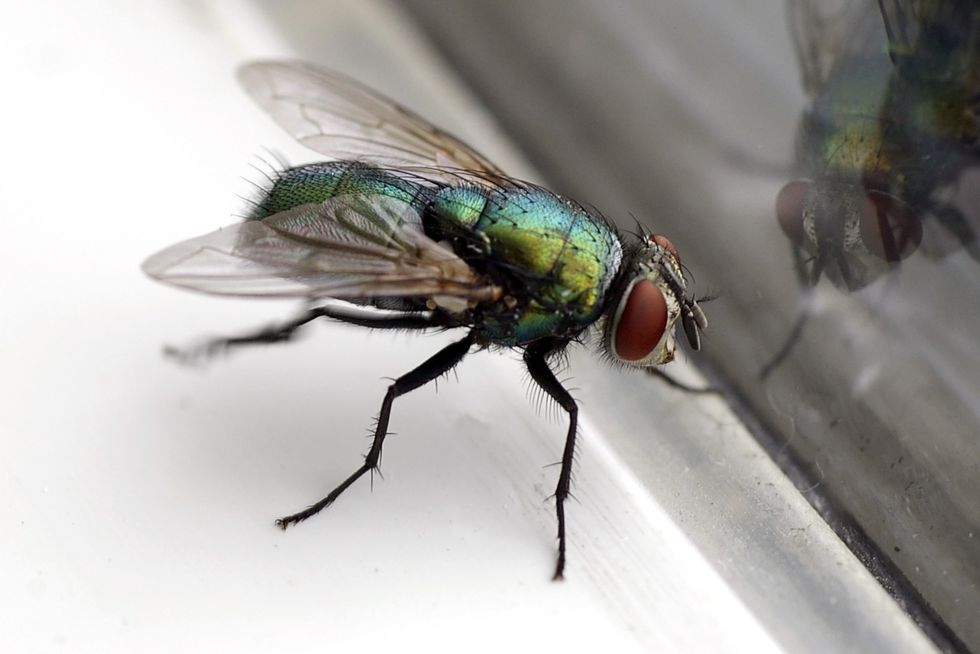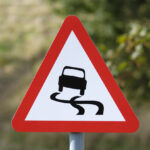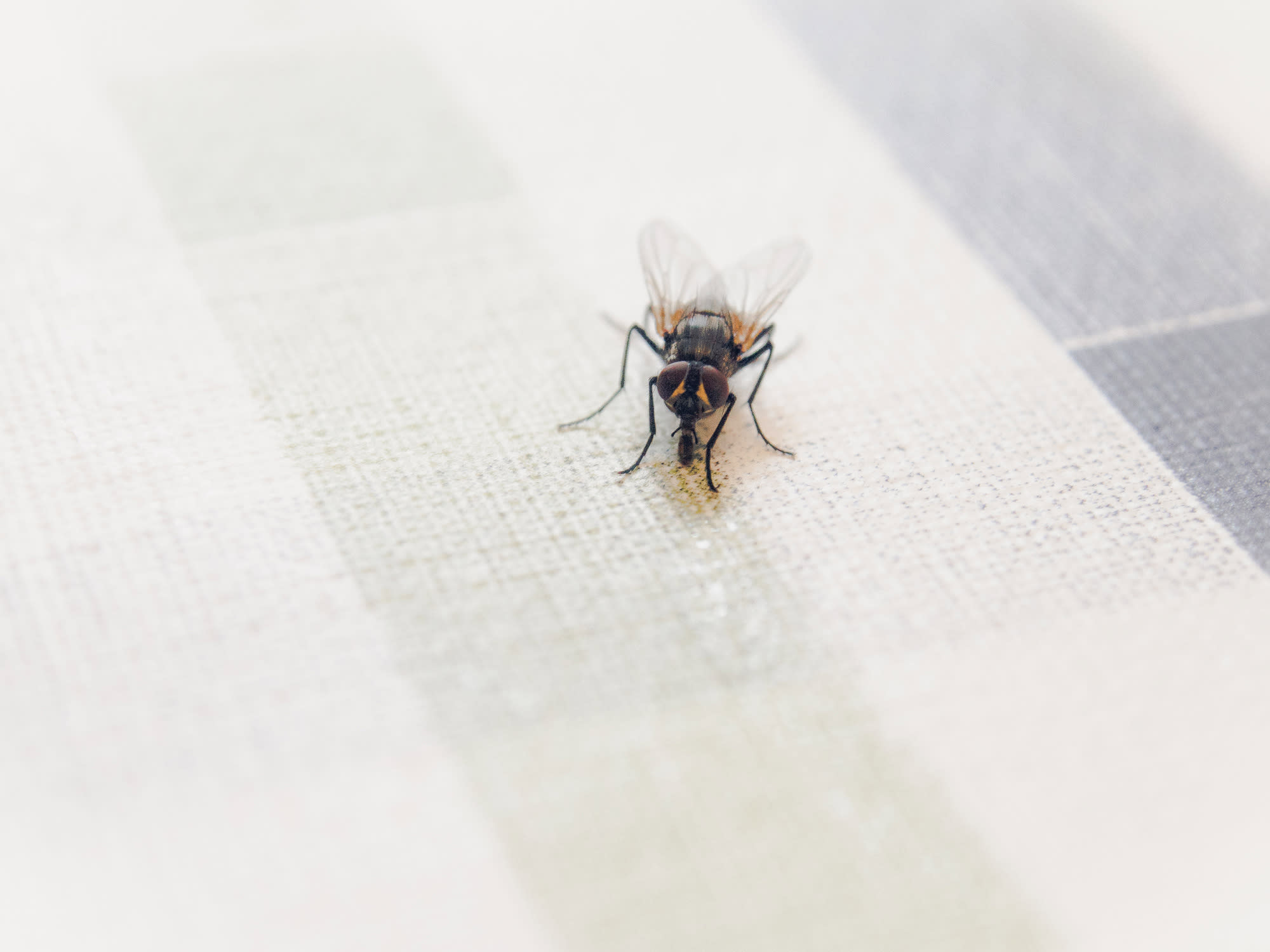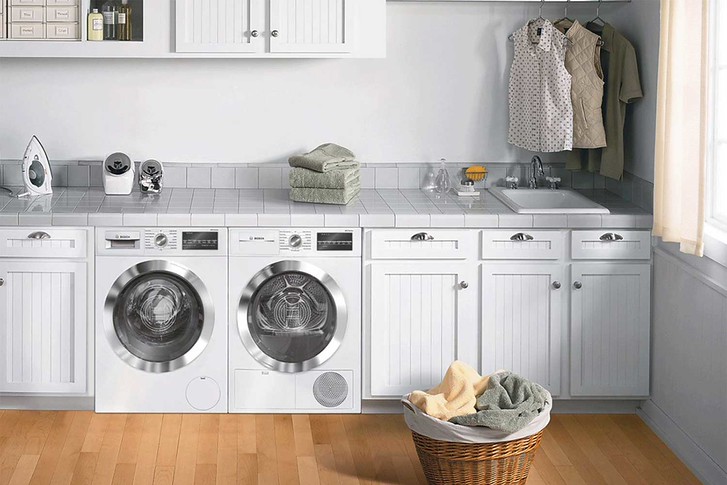Dealing with flies circling in the middle of your room can be frustrating, but there are several steps you can take to address the issue:
Identify the Source: Check for what might be luring the flies into your room, like spoiled food, unwashed dishes, or trash. Fixing the root cause is essential for getting rid of flies in the long run.
Clean Your Room: Thoroughly clean your room. Pay special attention to areas where flies may be breeding or feeding, such as your kitchen, trash cans, and pet feeding areas. Make sure there are no food crumbs or spills left out.
Close Windows and Doors: Keep windows and doors closed to prevent more flies from entering your room. If the weather allows, use screens or install fly nets on windows to keep them out while allowing fresh air to circulate.
Use Fly Traps: You can use fly traps or flypaper to capture the flies that are already in your room. These can be found at most hardware stores. Simply hang them in the areas where you see the most flies. Electric fly zappers are also an option.
- Natural Remedies: Consider using natural remedies to deter flies. Some options include:
- Essential oils: To keep flies away, simply put a few drops of essential oils such as eucalyptus, lavender, or citronella on a cloth or in a bowl of water.
- Vinegar and dish soap: Create a mixture by combining vinegar with a few drops of dish soap in a bowl. Flies are drawn to the vinegar but become trapped in the soapy water.
Keep Food Covered: If you have food out, cover it with lids or use food containers to prevent flies from being attracted to it.
Fix Any Leaks: Flies are attracted to moisture. Fix any leaks or sources of standing water in your room to make it less appealing to them.
Prevention: To stop flies from coming back, maintain good home hygiene. Clean regularly, handle garbage correctly, and use screens or keep doors and windows closed to keep flies out.
Identifying the Source for Getting Rid of Flies Circling

Common Sources that Attract Flies:
Food Residue: Leftover food or food crumbs on counters, tables, and dishes are a major attraction for flies.
Garbage: Overfilled or uncovered trash cans with food scraps can be a breeding ground for flies.
Rotten or Overripe Fruit: Fruit that is past its prime can emit odors that attract flies.
Pet Food: Left-out pet food, especially wet food, can draw flies.
Dirty Dishes: Unwashed dishes or kitchen utensils can have food residue that attracts flies.
Compost Bins: Uncovered compost bins can be a source of flies, particularly if they contain food scraps.
Drains: Accumulated organic matter in sink drains and floor drains can be a breeding site for drain flies.
Plants: Overwatered indoor plants with stagnant water in the saucers can attract flies.
Moisture: Any area with excess moisture can be attractive to flies.
Manure: In rural areas, manure piles can attract certain types of flies.
Tips for Locating the Primary Source in Your Room:
Follow the Flies: Observe where the flies seem to be most concentrated. This can give you a clue about the general vicinity of the source.
Inspect Garbage: Check your trash cans for any signs of fly larvae or excessive flies. This can indicate a primary source.
Examine Food Areas: Look for food spills, crumbs, or open food containers in your kitchen and dining areas. Pay special attention to any areas where food is prepared or consumed.
Check Drains: Inspect sink and floor drains for any debris or standing water. This could be a breeding site for certain fly species.
Investigate Hidden Spaces: Sometimes, flies can breed in hidden areas, such as inside wall voids, under appliances, or behind furniture. Consider using a flashlight and mirror to check hard-to-reach spots.
Consider Odors: Follow any foul or pungent odors. Flies are often drawn to decaying organic matter, and the smell can lead you to the source.
Examine Plants: If you have indoor plants, inspect the soil and saucers for excess moisture or organic matter buildup.
Inspect All Rooms: Flies can travel between rooms, so don’t limit your search to just one area. Check all rooms in your home for potential sources.
Keep a Log: If you’re having difficulty locating the source, keep a log of when and where you see the most flies. This can help you pinpoint the areas that require more attention.
FAQs
Why are flies circling in my room?
Flies are attracted to food and odors, and they may have entered through open windows or doors.
Are fly swatters effective for eliminating flies indoors?
Yes, fly swatters are a quick and effective way to eliminate flies in your room.
Do fly traps and fly paperwork to catch flies?
Yes, fly traps and fly paper can help attract and trap flies effectively
Are ultraviolet (UV) fly zappers effective at getting rid of flies?
UV fly zappers work well by attracting and zapping flies that come into contact with the light.
Should I use insect repellent sprays indoors to combat flies?
It’s not recommended to use insect repellent sprays indoors as they may contain harmful chemicals. Try other methods first.
Can I use essential oils to repel flies naturally?
Yes, essential oils like lavender, eucalyptus, or mint can be used to deter flies when diffused in your room.
How can I find and eliminate the source of flies in my room?
Locate and remove any decaying food or organic matter that may be attracting flies.
Are there any fly-repelling plants I can keep indoors?
Indoor plants like basil, mint, and rosemary can help repel flies.
Conclusion
In conclusion, effectively managing and eliminating flies in your room requires a combination of immediate actions and long-term strategies.
Identifying and addressing the source of the issue is fundamental, as it prevents future infestations.
Maintaining good hygiene, using natural remedies and commercial fly control products, and improving room ventilation while sealing entry points are all essential components of a comprehensive fly control plan.
Be patient and stick to the plan when tackling a fly issue. It might take a while to get rid of them entirely, but by following these steps, you can decrease their population and avoid future infestations.
Enjoy a fly-free, peaceful, and sanitary home!











